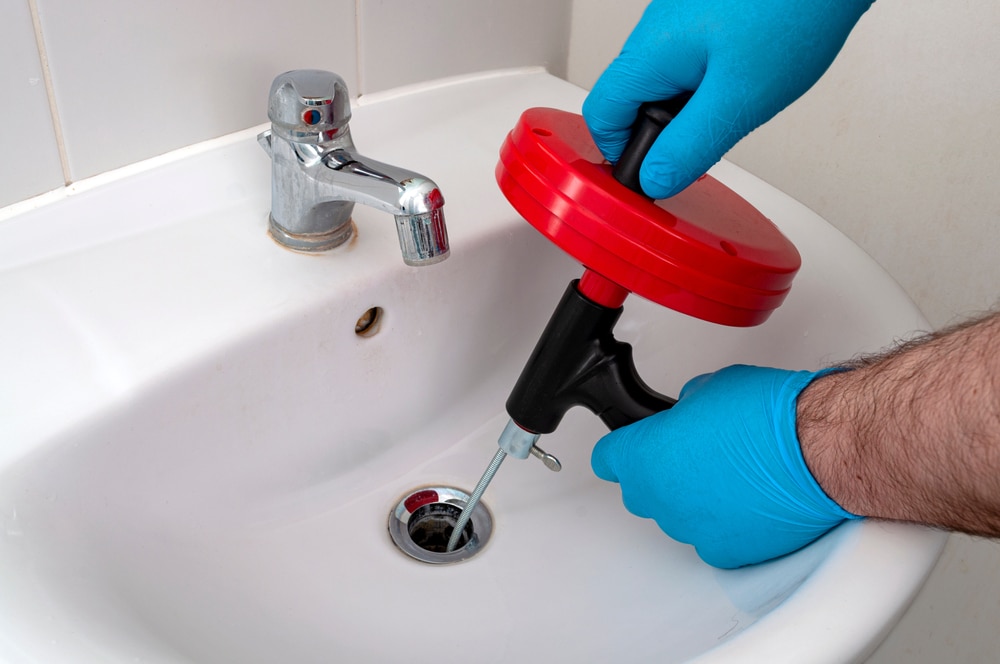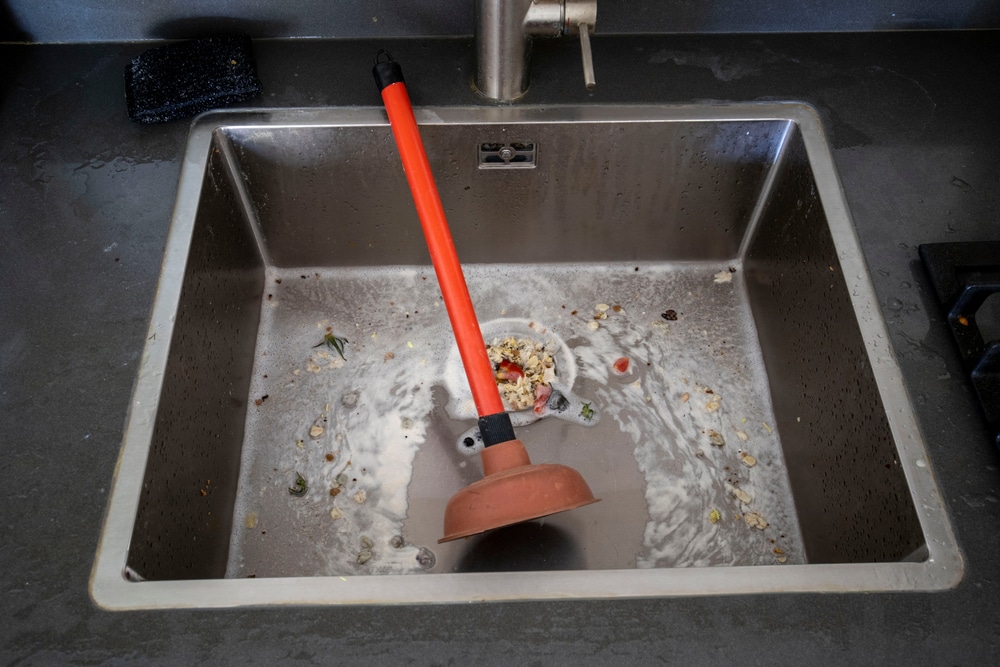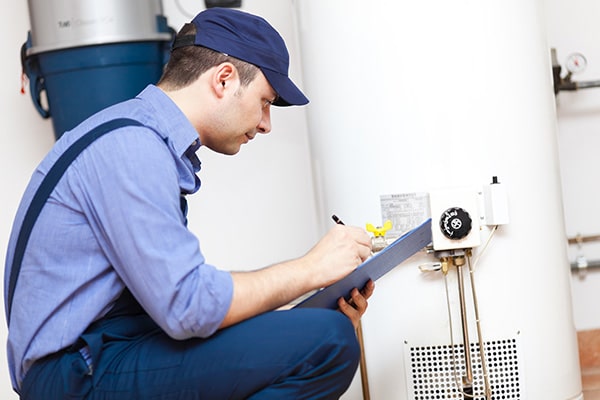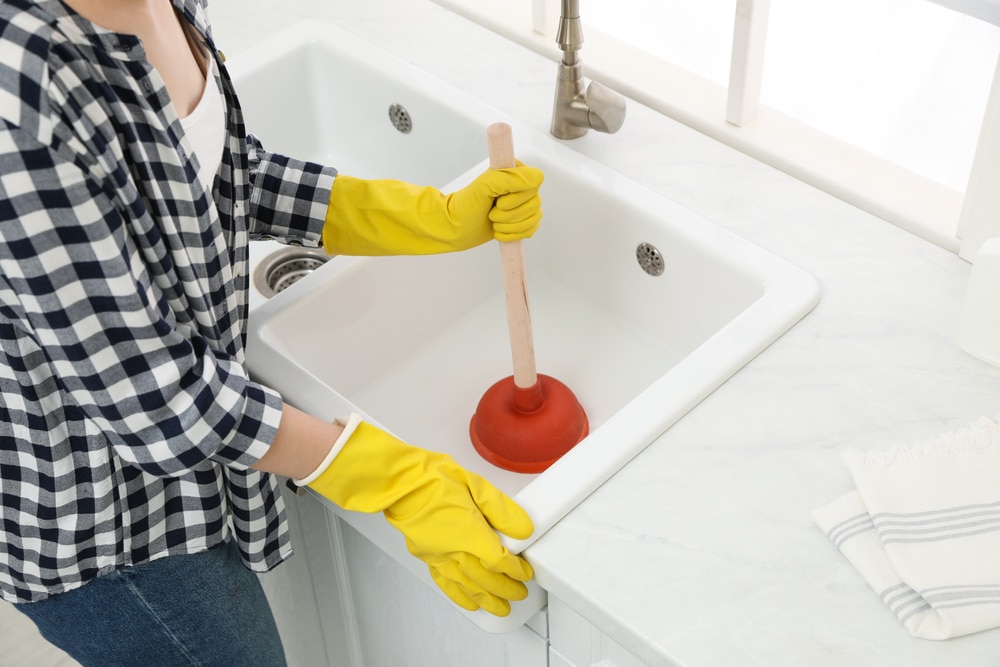Are you tired of dealing with a clogged drain? Have you tried snaking your drain, but it’s still clogged? Don’t worry; you’re not alone. Many homeowners face this issue, and it can be frustrating. In this article, we will discuss the reasons why your drain is still clogged after snaking and what you can do about it.
What is Snaking?
Snaking is a common method used to clear clogged drains. A plumbing tool called a drain snake or auger is inserted into the drain, and it is rotated to remove the blockage. It’s a quick and easy way to fix a clogged drain without the need for expensive equipment or professional help.
Why is My Drain Still Clogged After Snaking?
1. Incomplete Removal of Blockage
One of the most common reasons why your drain is still clogged after snaking is that the blockage was not completely removed. The drain snake may have only punched a hole through the blockage, allowing some water to pass through, but not enough to clear the clog fully.
2. Multiple Blockages
Sometimes, a drain can have multiple blockages that snaking can’t remove. In such cases, you may need to use a different method to clear the blockages.
3. Poor Drainage System Design
The design of your drainage system may also be the cause of your clogged drain. If your drain has sharp turns or bends, it can create spots where debris can collect, leading to clogs. Additionally, if your drain pipe is too small, it can easily get clogged with debris.
4. Corroded Pipes
Over time, pipes can corrode and develop rough edges, which can catch debris, leading to clogs. Snaking may remove the clog, but if the pipe is already corroded, it will likely get clogged again in the future.
5. Grease Buildup
Kitchen drains are particularly susceptible to clogs caused by grease buildup. Grease and oil can solidify in the drain and accumulate over time, eventually causing a clog. Snaking may not be effective in removing a grease clog.
What Can You Do About It?
If your drain is still clogged after snaking, here are some things you can do:
1. Use a Plunger
A plunger is a simple tool that can be effective in clearing clogs. Place the plunger over the drain and pump it up and down several times to create suction. Then, release the plunger to allow water to rush through the drain, hopefully dislodging the blockage.
2. Try an Enzyme Drain Cleaner
Enzyme drain cleaners are designed to break down organic materials, such as hair, soap, and food particles. They are less harsh than chemical drain cleaners and can be more effective at removing clogs caused by organic matter.
3. Call a Professional
If you’ve tried snaking and other DIY methods but your drain is still clogged, it’s time to call a professional. A plumber can use specialized equipment and techniques to remove even the most stubborn clogs and ensure that your drain is working correctly.
Conclusion
A clogged drain can be a frustrating problem, especially if snaking doesn’t solve the issue. However, there are several reasons why your drain may still be clogged, and several things you can do to fix it. By understanding the causes of clogged drains and taking the appropriate steps to address the issue, you can ensure that your drains are functioning correctly and prevent future clogs.
FAQs
Q1. Can a clogged drain cause damage to my pipes?
Yes, a clogged drain can cause damage to your pipes. The buildup of pressure can cause the pipes to burst, leading to water damage and expensive repairs.
Q2. Is it safe to use chemical drain cleaners?
Chemical drain cleaners can be effective in clearing clogs, but they are also harsh and can damage your pipes. Additionally, the chemicals can be hazardous to your health and the environment. It’s best to use alternative methods whenever possible.
Q3. How often should I clean my drains?
It’s a good idea to clean your drains regularly, even if you don’t have any visible clogs. This can help prevent clogs from forming in the first place. A general rule of thumb is to clean your drains every six months to a year.
Q4. Can a clogged drain affect my water pressure?
Yes, a clogged drain can affect your water pressure. If your drain is clogged, water may not be able to flow freely through your pipes, causing a decrease in water pressure.
Q5. How can I prevent future drain clogs?
To prevent future drain clogs, avoid pouring grease and oil down your drains, use drain screens to catch hair and other debris, and clean your drains regularly. You can also consider having a professional plumber inspect your drainage system to identify any potential issues.















